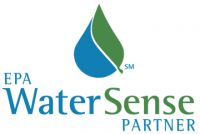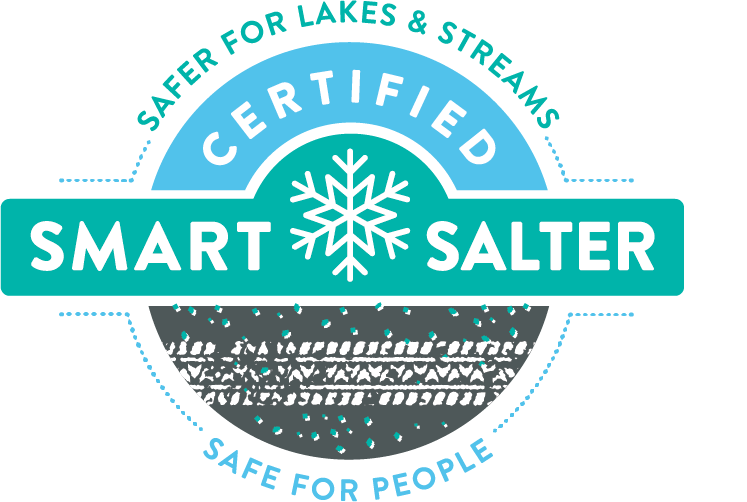Project Description
At Irrigation By Design, we build more than sprinkler systems. We build careers.
Our commitment to classroom and on-the-job training, along with career mentoring, ensures we hire and keep the best irrigation professionals in the Twin Cities area. Here are some of our professional certifications.
Irrigation Association

- The Irrigation Association is the leading membership organization for irrigation companies and professionals, committed to promoting efficient irrigation and to long-term sustainability of water resources for future generations.
- CIC – Certified Irrigation Contractors have a minimum of three years irrigation-related experience and education, pass a written exam, agree to the IA Code of Ethics and submit CEUs. In the field they install, maintain and repair irrigation systems.
- CID – Certified Irrigation Designers have a minimum of three years of irrigation-related experience and education, pass a series of three written exams on general irrigation and specialty topics, agree to follow the IA Code of Ethics, and submit CEUs. CIDs establish specifications and design drawings for irrigation projects.
- CLIA – Certified Landscape Irrigation Auditors have at least one year of irrigation-related work experience, pass a written exam on the principles and practices of auditing, agree to the IA Code of Ethics, and submit CEUs. CLIAs gather irrigation water-use data and test landscape irrigation systems.
Environmental Protection Agency

- WaterSense® Partners – WaterSense, a partnership program by the U.S. Environmental Protection Agency, seeks to protect the future of our nation’s water supply by offering people a simple way to use less water with water-efficient products, new homes, and services. EPA is building WaterSense as a national brand for water efficiency. That brand is more than just a product label; it is a symbol that represents the importance of water efficiency in the United States.
- WaterSense® Partner of the Year – Launched in 2008, the WaterSense Partners of the Year awards program recognizes WaterSense partners who: Help advance the overall mission of WaterSense, Increase awareness of the WaterSense brand in a measurable way, and Increase the adoption of water-efficient practices among their constituents or community. Timothy Malooly of Irrigation by Design was the first ever WaterSense Partner of the Year for Irrigation in 2008!
Minnesota Department of Labor and Industry
- Power Limited Technician (PLT) – In 2003 Minnesota legislative session, a law passed requiring persons who perform low voltage work to become licensed as Power Limited Technicians. In order to become a Power Limited Technician you must demonstrate experience, pass a written exam, post a bond and pay a license fee. Licenses are renewed every two years.
- Backflow Prevention Tester (BT) – Individuals performing or offering to perform testing of reduced pressure zone backflow prevention assemblies must be certified by the department as a backflow prevention tester.
Minnesota Department of Natural Resources
- Lake Service Provider – Individuals or businesses hired to install or remove water-related equipment or structures from waters of the state for hire. All Lake Service Providers need to be trained and permitted before they begin work in state waters.
Minnesota Department of Agriculture
- Pesticide Applicator License – The Minnesota Department of Agriculture (MDA) is the authority regulating pesticide use in Minnesota. The MDA certifies applicators as competent and qualified to obtain a license by initial testing; applicators whom the MDA deem as qualified may obtain a pesticide applicator license.
Minnesota Nursery and Landscape Association
![]()
- MNLA Members since 1990. The mission of the Minnesota Nursery & Landscape Association is to help nursery and landscape related companies in Minnesota and the surrounding region operate their businesses more successfully.
Minnesota Pollution Control Agency
![]()
- Level 2 Smart Salting Certification – Organizations can earn Level 2 certification by assessing their salt use and taking steps to minimize it. Smart Salting training helps improve operator effectiveness and reduce chloride pollution while keeping roads, parking lots, and sidewalks safe for everyone. Many organizations that have gone through the Smart Salting training have been able to reduce their salt use by 30-70%. The training has also been shown to prevent chloride contamination found in bodies of water.

